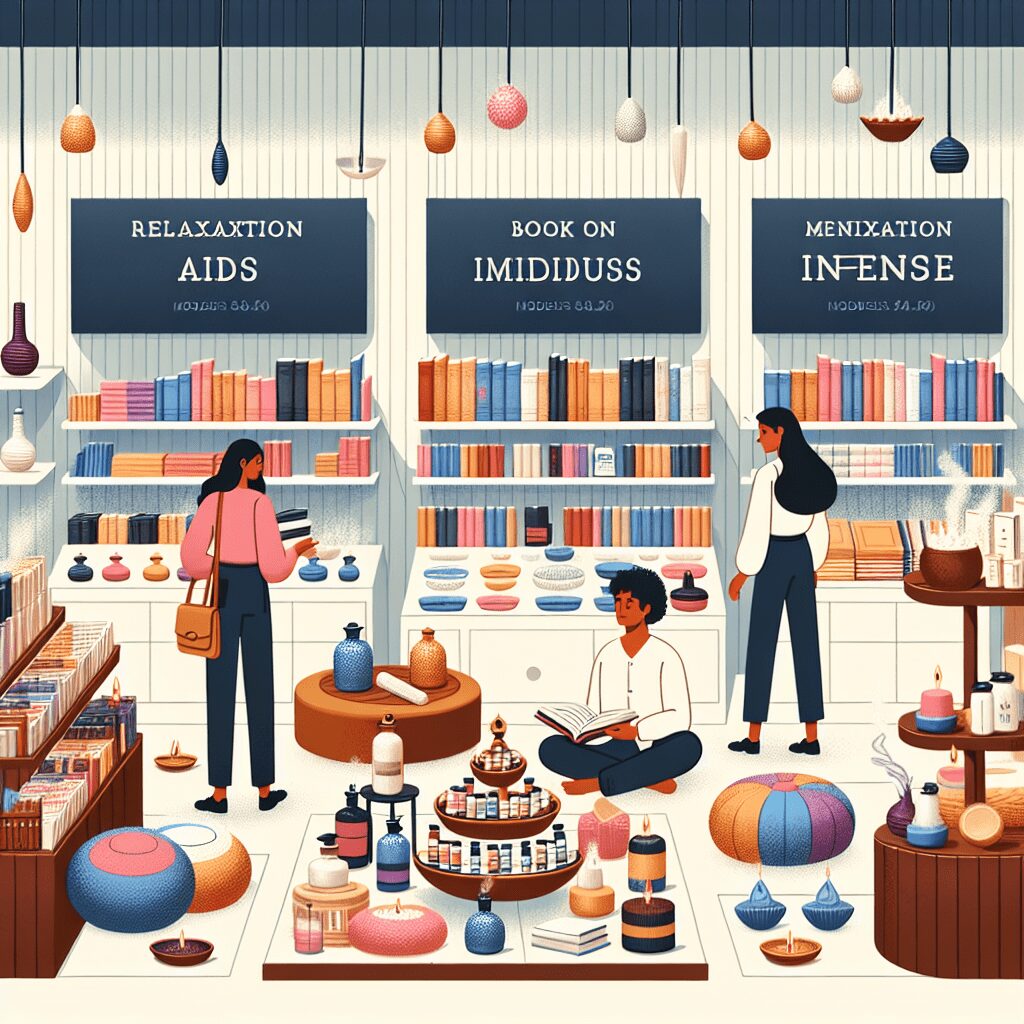
Prioritize your mental well-being daily. Enhance your life by nurturing your mental health with the Smart Meditation app. Break free from stress, alleviate anxiety, and enhance your sleep quality starting today.
What Causes Anxiety In Teens?
Navigating the Turbulent Waters of Teen Anxiety
The teenage years are often depicted as a time of immense growth and potential, yet, they’re also fraught with a barrage of challenges and changes that can trigger anxiety. Understanding what fuels this anxiety is not just about putting a label on a condition; it’s about uncovering the root causes and empowering teens to navigate these turbulent waters with resilience. So, what exactly tips the scale from normal teenage worries to something more pervasive like anxiety?
The Complex Web of Triggers
-
Hormonal Havoc: It’s no big secret that the teenage years are synonymous with hormonal changes. This rollercoaster affects mood and can heighten feelings of anxiety. It’s like Mother Nature flipped a switch, and suddenly, the world feels like a more daunting place.
-
Social Media Spiral: Ah, the double-edged sword of the digital age. While platforms like Instagram and Snapchat keep teens connected, they also serve up an endless buffet of comparison. It’s the ol’ “keeping up with the Joneses,” but on steroids. “FOMO” (Fear of Missing Out) isn’t just a catchy acronym; it’s a very real source of anxiety for many teens, living under the constant pressure to curate an enviable online presence.
-
Academic Pressure Cooker: The push to excel in school, nab that spot in a prestigious university, and basically have your career path mapped out by sophomore year can be immense. It’s like being in a pressure cooker, with the gauge ticking perilously into the red zone. Grades become more than just letters; they’re tickets to a future that everyone seems overly invested in.
-
World Events Worry: Teens today are more tuned into global issues than perhaps any generation before, thanks to the omnipresence of news and information. Climate change, political turmoil, and other societal issues can feel like gigantic weights on young shoulders, contributing to a sense of helplessness and anxiety.
-
The Perfectionism Plague: With the world whispering (or, let’s be honest, shouting) that average is not enough, striving for perfection becomes the norm. This isn’t just about getting the perfect grades but also about having the perfect body, the perfect friend group, the perfect life. Spoiler alert: this pursuit often ends in a cul-de-sac of anxiety.
Navigating Towards Calmer Seas
So, where do we go from here? Recognizing the root causes of anxiety is just the first step; addressing them is where the real journey begins.
-
Open Conversations: Cultivating an environment where feelings of anxiety can be shared without judgment is crucial. It’s about creating a safe harbor for open conversation, where fears and worries can be expressed freely.
-
Limiting Social Media Intake: Encouraging teens to take regular breaks from social media can help reduce the pressure to present a polished version of their lives, fostering a healthier digital diet.
-
Perspective on Perfection: Helping teens to understand that it’s okay not to be perfect, that it’s okay to fail and learn from it, can alleviate the crippling fear of making mistakes. It’s about shifting the goalposts from perfection to progress.
-
Mindfulness and Coping Strategies: Techniques such as mindfulness, meditation, and other stress-relief practices can be powerful tools in managing anxiety. It’s akin to arming teens with an emotional toolkit to handle the ebbs and flows of their inner worlds.
-
Professional Support: Sometimes, the best route to navigating through the anxiety maze is with the help of a professional. Therapists and counselors can provide tailored strategies and support to manage anxiety effectively.
The journey through adolescence is no walk in the park; it’s a complex blend of growth, discovery, and challenges. By understanding the triggers of anxiety, society can better support teens in managing these pressures, teaching them not just to weather the storm but to sail through it with resilience and self-awareness.





